Description
WATER AND POVERTY LINKAGES IN AFRICA: SENEGAL CASE STUDY
Water management holds the potential to address a multiple range of livelihood, poverty and development issues in Africa. However, despite commendable initiatives and steps to meet development agendas, there is slow progress in many areas. To disentangle some of the water-poverty complexities and identify new dimensions for progressive development in Africa, the African Development Bank commissioned Stockholm Environment
Institute to conduct a study on water-poverty linkages. The study contains three country cases which focus on a limited range of issues in the main review. This report from Senegal provides more in-depth context relevant reflections on the large scale initiatives to meet Millennium Development Goals on water supply and sanitation, including the strong reliance on groundwater, the relevance of appropriately functioning Integrated Water Resource Management (IWRM) issues, the issue of water for food production and the value of wise ecosystem maintenance in wetlands. In view of climate change, water may seriously affect the development potential of Senegal, including decreased water availability, sea level rise and increased temperatures
Despite the progress made, especially in addressing the water supply and sanitation targets, certain aspects can still be improved. A generic feature is the issue of local participation in IWRM and development in general: how to effectively consult and engage local resource poor communities in development? Another aspect is the lack of critical mass of human capacity at different levels of water managing institutions to safeguard, account and enable sustainable water resources development. Accounting for rainfall water resources is largely an untapped potential, not in the least in rainfed agriculture and livestock. To address future food demand, potential climate change and poverty, especially in the rural setting, a more holistic approach linking land and water resources and including the rainfall in IWRM processes may provide alternative win-win development paths.

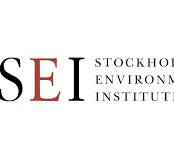
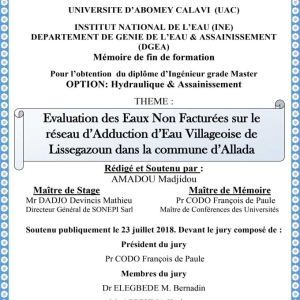
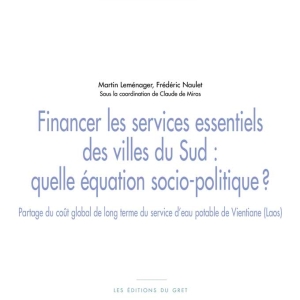
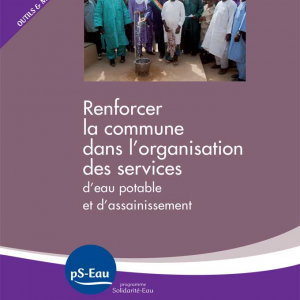
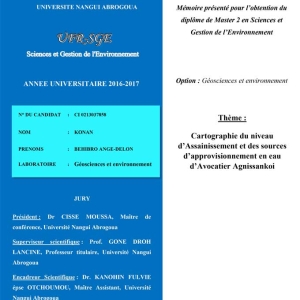

 AAEA
AAEA AAEA
AAEA
Reviews
There are no reviews yet.